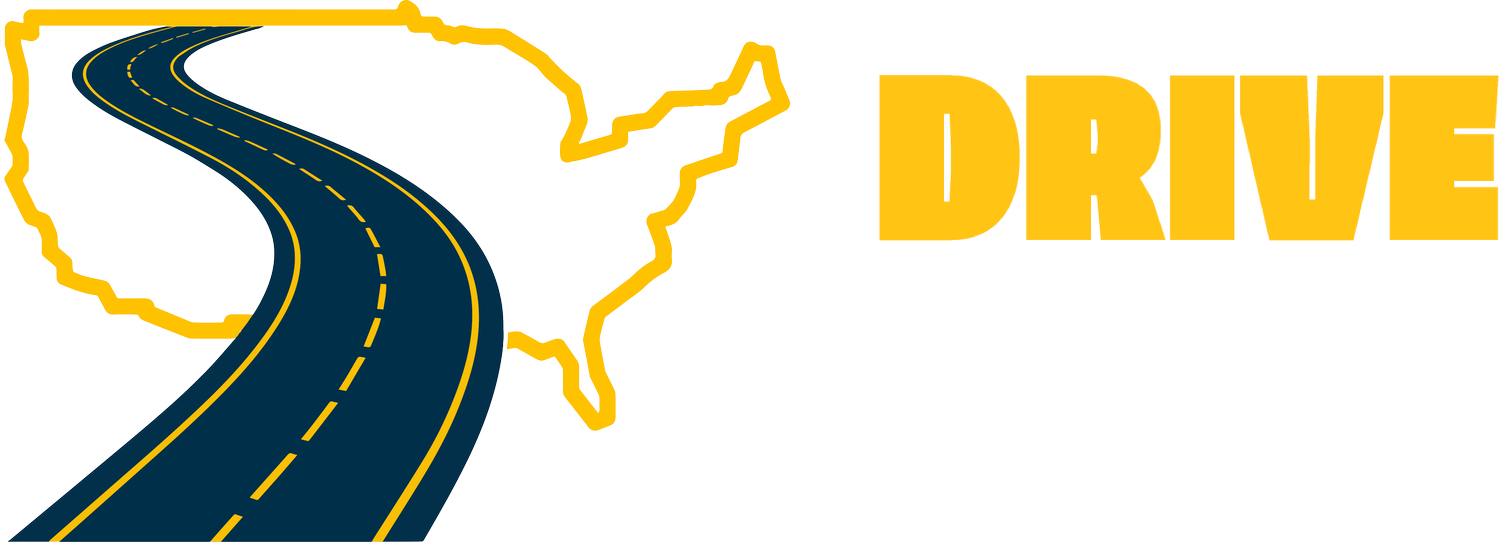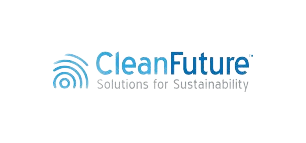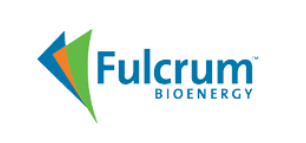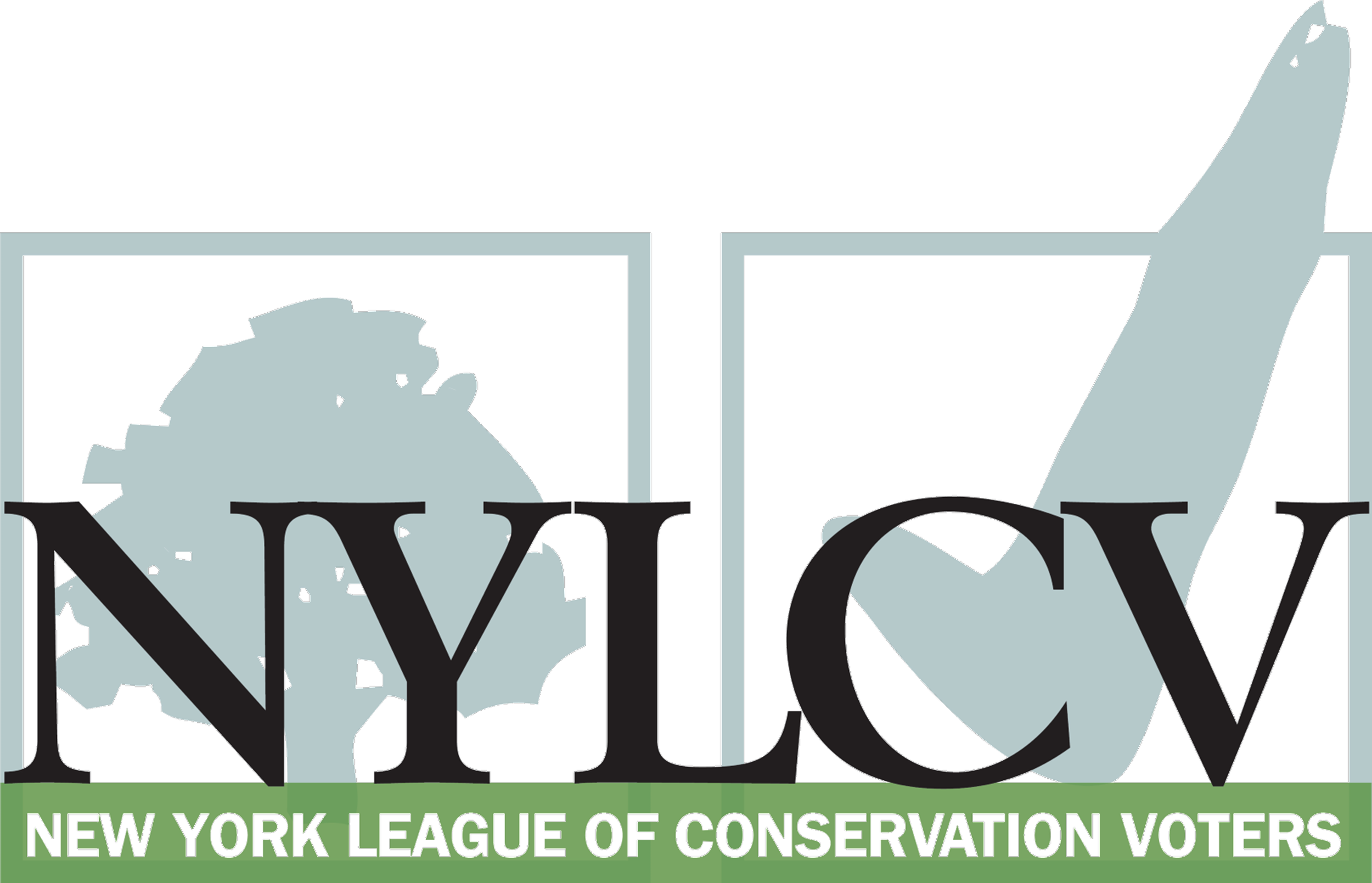IT IS TIME FOR AMERICA TO DRIVE CLEAN.
IT’S TIME FOR A CLEAN FUEL STANDARD.
Achieving energy independence and net-zero greenhouse gas (GHG) emissions requires a wholesale transformation of the U.S. transportation sector.
It’s no small job.
27%
Of total U.S. GHG in 2020 was a result of transportation emissions from cars, trucks, ships, and planes that move people and goods around the world.
Shrinking transportation’s carbon footprint requires a clear and consistent national fuels policy that is technology-neutral and relies on American ingenuity and innovation to create opportunities for new players and technologies. A clean fuel standard is the answer.
There isn’t time to waste.
The United Nations’ Intergovernmental Panel on Climate Change (IPCC) concluded in early 2022 that the atmosphere could warm more than 3 degrees Celsius by 2100 – more than twice the limit that science shows is necessary for preventing the most dangerous effects of climate change.
The United States imported roughly 8.5 million barrels of crude oil per day in 2021 — despite producing more domestic energy than we use.
It’s time for the US to become energy independent once and for all.
A national Clean Fuels Standard will harness American ingenuity and spur innovation that will open markets to new fuel choices and technologies produced right here at home.
The United States has been trying to wean itself off of foreign oil for half a century but remains a net crude importer – despite leading the world in oil production. Russia’s invasion of Ukraine has served as a reminder of how volatile global energy markets are – hitting Americans squarely in their pocketbooks.
What is a clean fuel Standard?
A national Clean Fuel Standard (CFS) would set a schedule for gradually reducing the carbon within transportation fuel over time to decarbonize the entire transportation sector. Because a CFS is technology-neutral, it would level the playing field and open markets for new clean energy choices that can be used in transport applications like cars, trucks, planes, and ships.
A well-designed CFS will:
Spur innovation in American technology
Create domestic jobs and sustainable economic growth
Help to promote cleaner air, and reduce pollution in the environment
Insulate Americans from the price shocks of geopolitical events like the war in Ukraine
Unleash a renaissance of clean, green fuel sources
Increase U.S. energy independence and national security by reducing our dependence on foreign oil
Improve health in marginalized communities by helping fund programs that improve access to public transit, electric and other clean vehicles, and low-carbon mobility options
Elevate a policy proven at the state level to the federal level and bring uniformity to the patchwork of legislation governing our national fuel policy
What is the DriveClean Initiative?
The DriveClean Initiative has come together to meet this challenge. We are a diverse group of stakeholders that hail from across the political, geographical, and economic spectrum.
We represent
agriculture
environmental/non-governmental organizations
utilities
renewable fuel producers
technology firms
EV charging companies
truck and bus manufacturers
We are committed to a national fuels policy that creates jobs and spreads economic growth across the nation, while allowing our children to breathe easier and setting our world on a path to a decarbonized economy. We believe that a CFS will help smooth the transition to net-zero emissions by 2050.
It’s time for Congress to pass a Clean Fuel Standard.
WHO WE ARE
The DriveClean Initiative represents a wide array of stakeholders deeply invested in reducing emissions from transportation fuels. We represent automakers, farmers, utilities, environmentalists, science-based organizations, renewable fuel producers, technology companies, electric vehicle charging companies, truck and bus manufacturers, emissions controls makers, non-profit clean energy organizations, and more.
This initiative is facilitated by AJW and a network of entities and initiatives committed to scaling the technologies needed to achieve a path to net-zero emissions by 2050. Drive Clean is supported, in part, by AJW Climate Innovation Projects, a 501(c)3 organization.
Supporters of this effort include:
Frequently Asked Questions
-
Each fuel source is assigned a carbon intensity score based on its GHG emissions. Fuels are measured against an annual carbon intensity target: Fuels with carbon intensity scores below the target (lower emissions) receive credits; fuels with carbon intensity scores above the target (higher emissions) generate deficits. Over time, the carbon intensity targets are tightened until decarbonization goals are met. Surplus credits can be traded or saved for the future. Fuel makers can either produce or purchase eligible fuels with attached credits or buy credits directly from parties with a surplus. Rather than a “command-and-control” regulatory mechanism, this system allows for flexibility by empowering regulated entities to decide how best to attain compliance.
-
Each fuel source is assigned a carbon intensity score based on its GHG emissions. Compliance is measured against an annual carbon intensity target: Fuels with carbon intensity scores below the target receive credits; fuels with carbon intensity scores above the target generate deficits. Surplus credits can be traded or saved for future compliance. Fuel makers can either produce or acquire eligible fuels with attached credits or buy credits directly from parties with a surplus. Rather than a “command-and-control” regulatory mechanism, this system allows for flexibility by empowering regulated entities to decide how best to attain compliance.
-
Yes, and while the RFS has been a success requiring that U.S. transportation fuels contain a minimum annual volume of biofuels (measured in gallons) derived from renewable biomass set by a statutory schedule, that schedule expired in 2022. As a result the EPA now has the power to determine the blending levels with certain limitations. The timing is right to have a conversation about a new national fuels policy.
A CFS is different from the RFS because a CFS is technology-neutral, allowing market forces to harness an assortment of innovative fuel sources and technologies – including electric vehicles and fuel cells along with biofuels. Additionally, the CFS does not dictate how much of a specific fuel must be used, but instead aims to decarbonize all vehicles, regardless of the fuel or energy source used to move people and goods.
-
A handful of states have successfully established their own CFS programs that demonstrate the effectiveness of this policy. For example, California’s version of a CFS led to $2.8 billion in investments into clean fuels production between 2011 and 2018, while lowering fuel prices. Oregon and Washington have demonstrated similar results. Other states in the Midwest and Northeast are considering their own CFS laws, and Canada recently adopted its own. A national CFS would complement state CFS programs and Canada’s, and provide even greater overall benefits than the current approach.
-
Oregon and California’s programs have avoided 55 million tons of carbon pollution from their roadways, while also saving $100 million in health-related costs annually from reduced air pollution. Oregon has seen a 13.3% reduction in premature excess deaths from reduced vehicle pollution.
-
Russia’s invasion of Ukraine has underscored the inextricable link between energy independence and national security. Climate-related instability, conflict, and humanitarian disasters also continue to pose a threat to America’s interests around the globe.
As climate-driven hazards and crises strain military and government responses worldwide, the imperative to reduce our carbon emissions, improve our energy independence, and cement America’s climate leadership on the world stage has never been clearer.
Harnessing the full potential of our domestic energy resources through a national Clean Fuel Standard will not only safeguard American consumers from conflict-driven price shocks - it will limit the potential for foreign interests to weaponize our reliance on non-domestic energy sources.
-
A national CFS would provide the scale and certainty to enable large-scale, long-term investments that will drive new American manufacturing and innovation, as well as maximize job creation and sustainable development in every state and region across multiple sectors. It additionally would maintain hundreds of thousands of jobs currently held by vehicle mechanics, fuel providers and others.
-
A variety of transportation fuels used in passenger cars, light trucks, utility vehicles, heavy-duty trucks, farm engines, construction equipment, and other off-road vehicles. These include: ethanol, biodiesel, renewable diesel, clean jet fuels, hydrogen fuel cells, electric vehicle charging ports, and other clean fuels using carbon capture to reduce emissions. Energy efficiency is also rewarded across the value chain.
-
A CFS increases competition in the fuels marketplace, which is currently dominated by fossil-based oil. By incentivizing clean, low-carbon fuels and electric vehicles over today’s gasoline and diesel models, a CFS can help break our addiction to foreign oil and insulate American consumers and businesses from oil price shocks, Russia’s invasion of Ukraine, the actions of oil cartels, inflation, and profiteering by oil and gas companies. It’s time for America to support American-grown fuels and vehicle technologies, which will reduce costs in the long run. California’s CFS program has not had discernible negative price impacts – especially when compared to recent gasoline price changes.
-
A CFS sets the stage for market forces to decide the best manner for meeting carbon-intensity targets. Federal research shows that low-carbon liquid fuels will play an important role while EVs overcome barriers to deployment. Liquid fuels for planes, ships, and hard to electrify heavy duty vehicles and equipment are anticipated to continue helping decarbonize the transportation sector in the years to come.
The transportation sector and the national economy cannot achieve net-zero emissions by 2050 without decarbonizing transportation fuels. A broad-based group of interests could help create demand for and support a national clean fuels policy, consistent with the following principles:
Statement of Principles
Transportation fuels must be net-zero by 2050
Transportation fuels must be decarbonized in sufficient time to achieve national net-zero emissions in the transportation sector not later than 2050.
COMPLEMENTS EXISTING or future state cfs PROGRAMS
Fuels decarbonization policy should be coordinated and not conflict with other greenhouse gas and pollution-reduction policies and goals. Such policies should work together in an efficient and synergistic way.
tECHNOLOGY AND FUEL NEUTRAL
A life-cycle emissions performance-based approach that is technology- and fuel-neutral is essential to achieve fuels decarbonization and promote innovation and investment across all potential clean fuel types including electricity, hydrogen, biofuels and others.
FOCUSED ON GROWING THE LOW-CARBON FUELS MARKET
Achieving the decarbonization goal and maximizing consumers’ benefits can be most effectively accomplished by steadily growing market opportunities for low-carbon fuels with transparency, scale, and fair competition. Any such markets or programs must include safeguards and incentives to protect and enhance environmental integrity, including biodiversity, and to promote job creation and equitable and sustainable economic growth.
PROVIDE LONG TERM MARKET SIGNALS
Any legislative or regulatory program should start as soon as possible and provide clear long-term market signals for investors, market participants, technology innovators, and feedstock suppliers. Such policy or program should be implemented efficiently and transparently, and directed with unambiguous language and intent.
STATES CAN IMPLEMENT THEIR OWN CFS
States or regions may implement clean fuels programs that are designed to steadily decarbonize transportation fuels. States or regions may increase the stringency of their program's decarbonization requirements if they have the technical capacity to manage the program.
FEDERAL SUPPORT TO ENSURE THE BEST SCIENCE AND EXPAND R&D
The federal government and the states can and should make a constructive and sustained effort to a) ensure the best possible science is being used to support the value of fuels decarbonization, including with respect to life cycle analysis and applicable verification and reporting, and, b) expand the research, development and deployment of low and zero carbon fuels technologies and practices, including demonstration projects and technical assistance.
Resources
DriveClean Initiative’s Letter to Senate EPW Committee in Support of the 2023 Low Carbon Fuel Standard Hearing
DriveClean Initiative’s Letter of Support of Federal CFS to Senate Environment and Public Works 2022
FACT SHEET: Why America Needs a National Clean Fuel Standard Now
Letters of Support of Federal CFS to Congressional Delegations, CA, IL, NM, NY, OR, WA
DriveClean Letter to the Hill - April 2023
Consumer Report’s Letter to Senate EPW Committee in Support of the 2023 Low Carbon Fuel Standard Hearing
Consumer Report’s Low Carbon Fuel Standard Principles
Bates White Low Carbon Fuels Standards Market Impacts and Evidence for Retail Fuel Price Effects
The International Council on Clean Transportation: Opportunities and Risks for a National LCFS
National Academies Report: Current Methods for Life Cycle Analyses of Low-Carbon Transportation Fuels in the U.S.
AJW 2050 Net Zero Liquid Fuels PowerPoint
Harvard Law State Resource Guide: Drafting a Clean Fuel Standard to Manage Legal Risks
Great Plains Institute Economic Benefits of Clean Fuels Policy in Minnesota and Iowa
Washington State Independent Cost-Benefit Study of Clean Fuel Standard Law
Biden Administration Long-Term Strategy of the U.S. : Pathways to Net-Zero Greenhouse Gas Emissions by 2050
DriveClean Statement of Principles
Oregon Clean Fuels Program 2022 Review
Clean Fuels NY Coalition Website and Resource Links
Oregon Department of Environmental Quality Clean Fuels Program Website
California Air Resources Board: Low Carbon Fuel Standard Data Dashboard
Michigan Clean Fuel Standard Coalition Website
Fill It Up Clean, New Jersey - Clean Fuels Website
Hele Clean, Hawaii - Clean Fuels Website
Follow us on Twitter
-
Oil prices soar nearly 6% after Saudi Arabia and other oil giants said they'll cut 1.15M barrels per day until the… https://t.co/pvSTQzYO3V
-
Thank you Senators @MariaCantwell + @PattyMurray for your commitment to clean, domestic fuel sources – supporting t… https://t.co/iKvZoGqdHY
-
The @washingtonpost details @GovTimWalz’s promise for 100% clean electricity in MN by 2040. How will we get there?… https://t.co/CGaRQJMWWI
-
RT @NevilleRay: 🚨@TMobile 5G standalone news right out of #MWC23🚨 ✅🌎 1st 4 carrier aggregation data call on a commercial📱hitting 3.… https://t.co/iyZXjf9b2Z
-
.@autosinnovate's @DBowerson highlights how a #CFS can help decarbonize transportation: These market-based policies… https://t.co/RQPfhJxhU6
